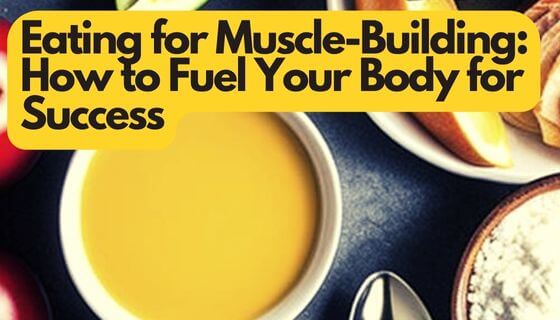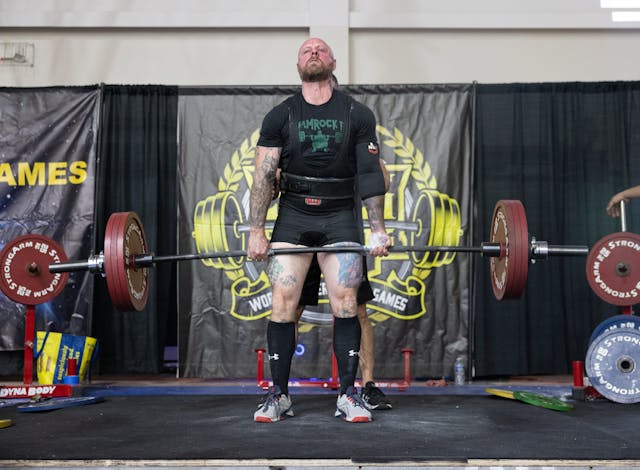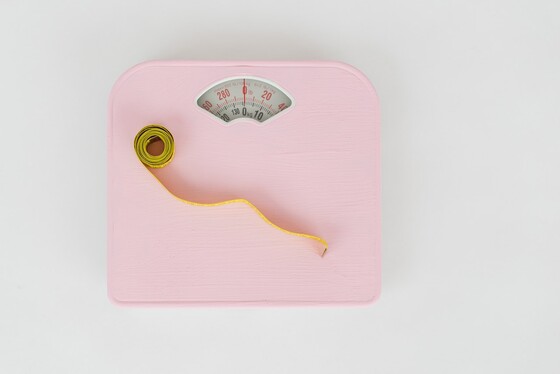Eating for Muscle-Building: How to Fuel Your Body for Success
Building muscle requires more than just lifting weights and working out regularly. Your diet plays a critical role in supporting muscle growth and recovery. In order to fuel your body for success, it is important to eat the right foods at the right time. Here are some tips on how to eat for muscle-building:
- Eat Enough Calories: In order to build muscle, you need to be in a calorie surplus, meaning you need to consume more calories than you burn. Aim for a calorie surplus of 250-500 calories per day to support muscle growth.
- Focus on Protein: Protein is essential for muscle growth and repair. Aim for 1 gram of protein per pound of body weight per day to support muscle-building goals. Good sources of protein include lean meats, fish, poultry, eggs, and plant-based options like beans, lentils, and tofu.
- Carbohydrates are Important: Carbohydrates are essential for providing energy to fuel your workouts and support muscle growth. Focus on complex carbohydrates like whole grains, fruits, and vegetables, and avoid refined carbohydrates like white bread and sugary snacks.
- Don’t Forget Healthy Fats: Healthy fats are important for overall health and can help support muscle growth. Good sources of healthy fats include nuts, seeds, avocados, and fatty fish like salmon.
- Timing Matters: Eating the right foods at the right time can help optimize muscle growth and recovery. Aim to eat a meal containing protein and carbohydrates within 30 minutes to an hour after your workout to support muscle recovery.
- Hydrate: Drinking enough water is essential for overall health and can help support muscle growth and recovery. Aim for at least 8-10 glasses of water per day, and consider consuming a sports drink during your workout to help replenish electrolytes.
- Supplements Can Help: While a healthy diet should be the foundation of your muscle-building regimen, supplements can also help support muscle growth and recovery. Consider taking a protein supplement or branched-chain amino acid (BCAA) supplement to help support muscle-building goals.
In conclusion, eating for muscle-building requires a balanced diet that includes enough calories, protein, complex carbohydrates, and healthy fats. Timing your meals around your workouts and staying hydrated are also important factors to consider. By following these tips, you can fuel your body for success and achieve your muscle-building goals more effectively.







